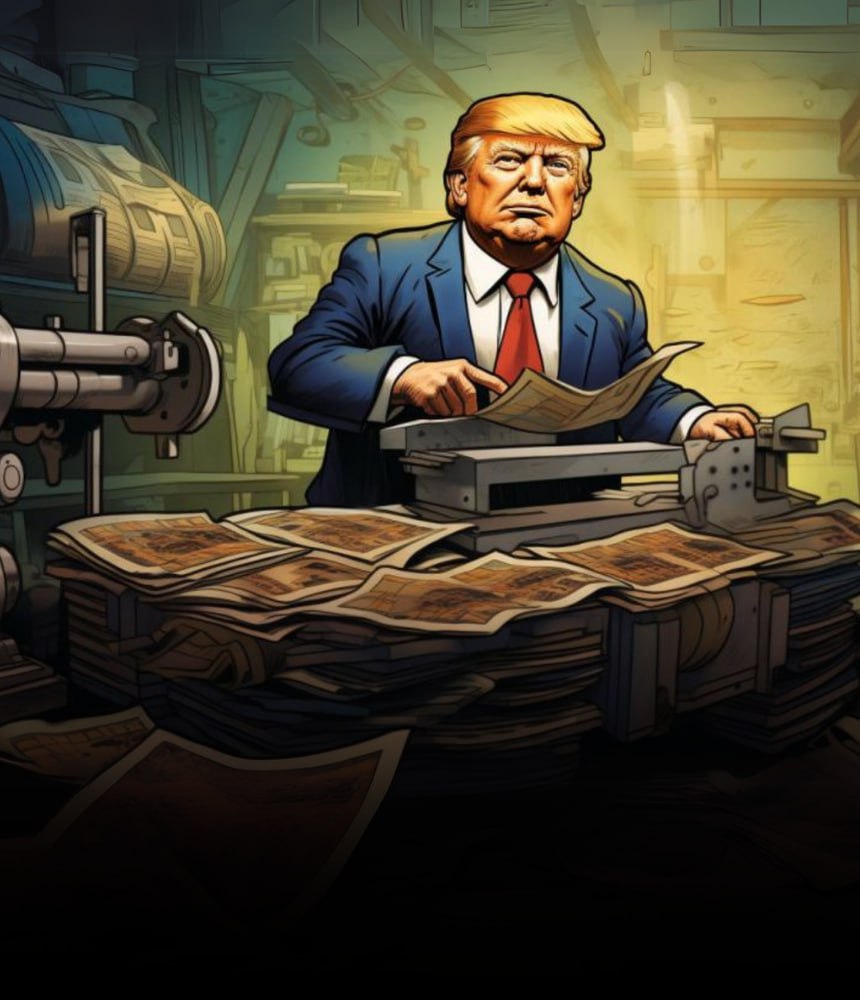Elon Musk has made a hostile bid for Twitter with an offer that values the company at $43.4bn, although he acknowledged his gambit to take the social media platform private may fail.
Musk’s offer of $54.20 a share comes days after he took a 9 per cent stake in the company, becoming its largest shareholder but rejecting an invitation to join its board.
The move would transform the tech entrepreneur into a social media baron, able to set the future direction of a platform where he has 80mn followers and which he has used to pursue personal vendettas and promote his agenda.
The entrepreneur announced the offer on Thursday in a filing with the US Securities and Exchange Commission, saying he would “unlock” the company’s potential to be “the platform for free speech around the globe”.
Speaking at the TED conference in Vancouver on Thursday after the announcement, Musk said he had “sufficient assets” to fund the deal, but conceded: “I’m not sure that I will actually be able to acquire it.”
He said he intended to retain “as many shareholders as is allowed by the law in a private company”, insisting that he did not want to “monopolise” or “maximise” his Twitter ownership.
“I don’t care about the economics at all,” he said. He added that he had a “plan B” if the bid was not successful although he did not elaborate further.
Musk’s offer represents a 38 per cent premium to Twitter’s shares since April 1, three days before his stake became public, although it is still 26 per cent below its 12-month high, reflecting a slump in Wall Street confidence before he stepped in.
He hinted he could walk away if the deal fell through.
“My offer is my best and final offer and if it is not accepted, I would need to reconsider my position as a shareholder,” Musk wrote.
Shares in Twitter closed down 1.68 per cent to $45.08.
In his TED interview, Musk said Twitter should “match the laws” of each country, adding: “I think we would want to err on the side of, if in doubt, let the speech exist . . . If it’s a grey area, I would say let the tweet exist.”
When asked about his plans for the company if he succeeds in buying it, Musk said Twitter should avoid deleting posts, and advocated for “time outs” over “permanent bans” — a position that could ultimately pave the way for a return of banned figures, such as former US president Donald Trump, to the platform.
He also said he would prioritise eliminating spam and bot armies from Twitter, open source the platform’s algorithm and introduce more transparency when users’ tweets are boosted or suppressed in their feed.
I made an offer https://t.co/VvreuPMeLu
— Elon Musk (@elonmusk) April 14, 2022
Twitter said its board “will carefully review the proposal to determine the course of action that it believes is in the best interest of the company and all Twitter stockholders”.
The company is weighing deploying a “poison pill”, a mechanism that can be used to dilute a hostile investor’s stake, to thwart Musk’s bid, according to one person briefed on internal Twitter discussions.
In a tweet, Saudi business tycoon Prince Alwaleed bin Talal said that as one of Twitter’s biggest long-term shareholders, he rejected Musk’s takeover bid. The prince added he did not believe the offer “comes close to the intrinsic value of Twitter given its growth prospects”.
Musk’s bid comes following a whirlwind few days for the company that has shaken its leadership and its staff.
Musk acquired his shares on March 14 but did not publicly report the stake until April 4, exceeding the 10-day limit that federal trade laws require investors to notify the SEC.
After the news broke of Musk becoming Twitter’s largest shareholder, the company’s shares rose 27 per cent. A day later, Musk reached a preliminary agreement with the company to join its board of directors, only to suddenly reverse course without explanation, having spent the weekend critiquing the platform and suggesting new features in tweets that have since been deleted.
One tweet that Musk has “liked” on the platform suggested that he “became the largest shareholder for Free Speech” and was “told to play nice and not speak freely”.
Tesla’s chief executive used Twitter to announce his intentions to take the electric carmaker private in 2018 in a post that said: “Am considering taking Tesla private at $420. Funding secured.”
The proposal was abandoned just weeks later, after discussions with shareholders.
Musk and the carmaker paid a penalty to the SEC in a settlement after being accused of securities fraud over the post. A company lawyer is now required to approve any tweets from Musk containing information material to Tesla — a ruling he is trying to quash.
Credit: Source link














